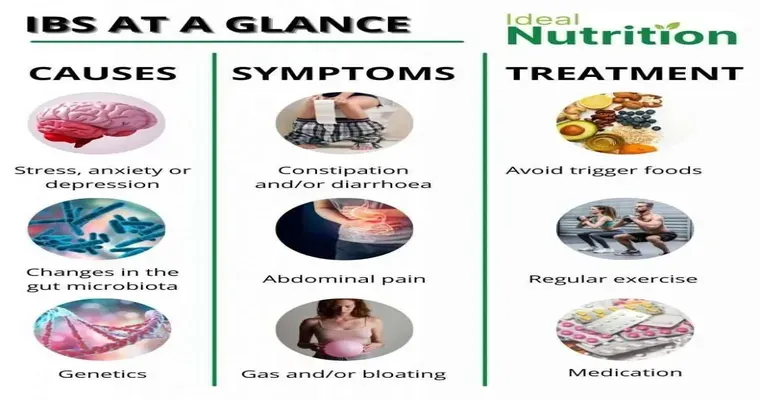Irritable Bowel Syndrome ("IBS") and pancreatic enzyme deficiency are two conditions that can significantly impact an individual's quality of life. Many people affected by these disorders often seek solutions that alleviate their symptoms and improve their digestive health. The best approaches for managing "IBS" and pancreatic enzyme deficiency include dietary modifications, enzyme supplementation, and stress management techniques.
Understanding IBS and Pancreatic Enzyme Deficiency
"IBS" is a common gastrointestinal disorder characterized by symptoms such as abdominal pain, bloating, gas, and changes in bowel habits. On the other hand, pancreatic enzyme deficiency occurs when the pancreas does not produce enough digestive enzymes, leading to difficulties in digesting food, particularly fats, proteins, and carbohydrates. This can result in symptoms like diarrhea, weight loss, and malnutrition.
Dietary Modifications
One of the most effective strategies for managing both "IBS" and pancreatic enzyme deficiency is making careful dietary choices. Here are some key dietary approaches that individuals can consider:
1. "Low FODMAP Diet": The Low FODMAP diet involves reducing the intake of fermentable carbohydrates that can exacerbate "IBS" symptoms. Foods high in FODMAPs include certain fruits, vegetables, dairy products, and grains. By following this diet, many people experience a significant reduction in digestive discomfort.
2. "Balanced Meals": Incorporating a balance of macronutrients—proteins, carbohydrates, and fats—can help maintain energy levels and support overall health. For those with pancreatic enzyme deficiency, focusing on easily digestible foods, such as lean proteins, cooked vegetables, and simple carbohydrates, can reduce symptoms.
3. "Frequent, Smaller Meals": Eating smaller, more frequent meals rather than large ones can ease the digestive load, making it easier for the body to process food, especially for those with pancreatic enzyme deficiency.
Enzyme Supplementation
For individuals with pancreatic enzyme deficiency, taking "pancreatic enzyme supplements" can be beneficial. These supplements contain the necessary enzymes that aid in digestion, helping to break down food properly. Consulting with a healthcare professional is crucial to determine the right dosage and timing for these supplements to ensure optimal results.
Stress Management Techniques
Stress is a known trigger for "IBS" symptoms. Therefore, incorporating stress management techniques can be an effective way to improve overall well-being. Practices such as yoga, meditation, and deep breathing exercises can help reduce stress levels, which may, in turn, alleviate some of the symptoms associated with "IBS".
Seeking Professional Guidance
It is essential for individuals with "IBS" and pancreatic enzyme deficiency to work closely with healthcare professionals, such as gastroenterologists and dietitians. These experts can provide personalized recommendations and guidance based on individual symptoms and needs.
Conclusion
Managing "IBS" and pancreatic enzyme deficiency requires a multifaceted approach that includes dietary modifications, enzyme supplementation, and stress management. By implementing these strategies, individuals can find relief from their symptoms and enhance their quality of life. Always consult with healthcare professionals before making significant changes to your diet or treatment plan.





